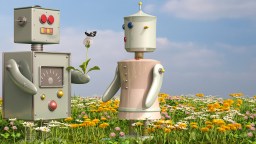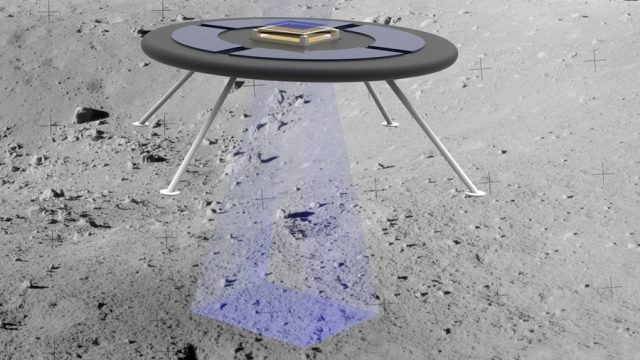Can’t find “The One”? Blame easy dating apps

- As dating apps make it easier to find a new match, people become ever more choosy and likelier to reject those they do match with.
- As a result, some people search forever for "the one."
- The findings can be applied to other situations, such as job searches.
Dating can be drudgery. The trouble of finding someone to date, going to a restaurant for a quasi-job interview, having to scrutinize everything they say for red flags like you’re trying to root out a communist agent, and then having to decide if the whole experience was enjoyable enough to do it again might make a person want to stay single forever.
Dating apps were supposed to make this easier by simplifying the first part: finding the potential mate. With the swipe of a finger, you can search through eligible bachelors and bachelorettes all over the globe. However, a forthcoming study in the American Economic Journal: Microeconomics suggests that the ease of using dating apps can, and does, cause some people to think that “the one” is merely one more swipe away — so they never actually go on a date.
Dating: easier than ever, but not simpler
Despite the ease of using dating apps, many people who use them never actually meet up with anybody they match with. One survey suggests this may be as many as one-third of users.
In an attempt to explain why this happens, two Israeli professors, Yair Antler and Benjamin Bachi, ran new tests on existing models of matching behavior that removed an all-too-common assumption in economics: that people are always rational. The simple version of the model assumes that a group of agents exist in a market looking for matches. Each is given a certain number deemed “pizzazz.” This is the overall desirability of a person; some have it in spades and others, not so much.
The model market has individuals meet randomly at a certain rate. They examine each other’s pizzazz number, and if they both find the other a suitable match — typically meaning that they were both in a range of acceptability the other agent had — they marry and exit the dating market. New people with the same pizzazz rating then enter the market to replace them.
If this model operates under the assumption that every agent is fully rational, has a strong understanding of how others act, and possesses accurate information, everyone pairs up fairly quickly. Over a long enough timeline, everyone in this model matches with somebody that they marry.
But things break down when the model assumes that not everyone using dating apps is fully rational. (Imagine that!) Under this scenario, even something as simple as making people less than perfect at predicting other people’s behavior can cause the market to fail. While those with the most pizzazz (who can match with nearly anyone) and the least pizzazz (who will accept just about anyone who accepts them) still behave close to fully rationally, those in the middle begin to behave over-optimistically. In other words, they reject partners that a rational agent would accept, believing that someone better is just around the corner.
When people do not behave rationally, the model shows that some people are stuck looking for a partner for a very long time. In certain models, some agents with middling pizzazz never accepted or never were accepted by anyone and remained single in perpetuity. The situation worsens as the variable for “search friction” (that is, how difficult it is to find another date) is decreased. As the risk of not finding a match falls, people are more willing to reject the matches they have in favor of holding out for the next, possibly better one.
Out of your league
The authors write:
“Our agents falsely believe that ‘top’ agents are achievable. When the technology improves and allows potential partners to meet more frequently, their willingness to wait for a top agent increases and they become more selective. Eventually, agents become too selective and reject agents of their own caliber or lower. For similar reasons, they are rejected by agents of their own caliber or higher. As a result, they search indefinitely and never marry.”
Essentially, as dating apps make it easier to find a new match, people become ever more choosy and likelier to reject those they do match with. This finding explains several oddities observed in real-life dating apps, such as platforms with more members have fewer matches per person.
The authors also note that their findings could be applied to the labor market, with similar problems likely existing for those who use online job sites to find a better job. “The One” — be it a mate or a job — is always one more swipe away.





